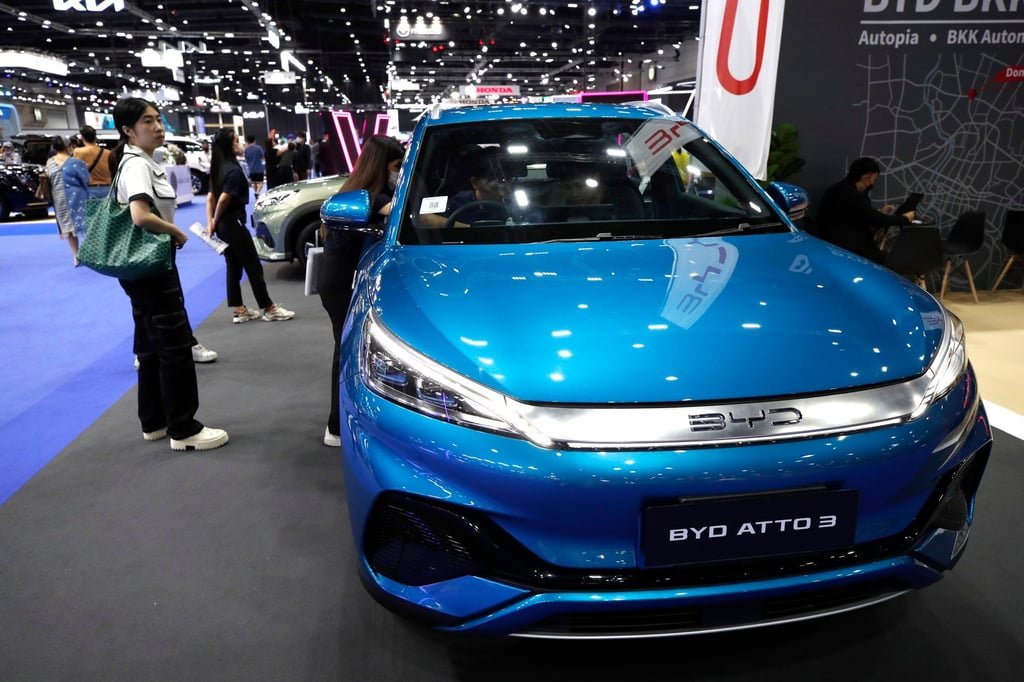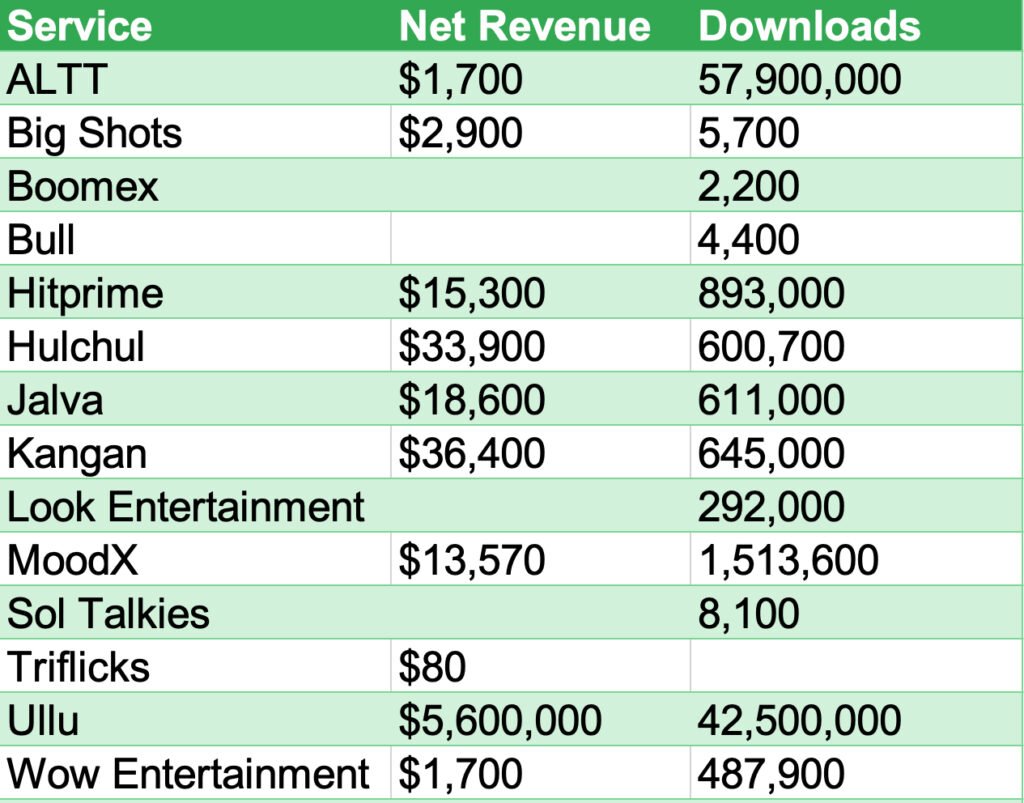Follow us today…


In a move that sent ripples through the automotive world, global auto giant Stellantis announced it was discontinuing its hydrogen fuel-cell development program. The decision halts the planned rollout of several hydrogen-powered commercial vans and marks a significant retreat from a technology once heralded as a key pillar of zero-emission transport. The company’s reasoning was stark and pragmatic, citing the “limited availability of hydrogen refueling infrastructure, high capital requirements, and the need for stronger consumer purchasing incentives.” Jean-Philippe Imparato, a top executive at the company, stated plainly that the hydrogen market remains a “niche segment, with no prospects of mid-term economic sustainability.” This wasn’t a sudden shift; former CEO Carlos Tavares had previously admitted the cost of hydrogen mobility was “sky high” and “far from being affordable,” signaling that the writing was on the wall. Stellantis’s decision is not just about one company; it’s a clear indicator that for the passenger and light commercial vehicle market, the race between batteries and hydrogen is, for now, decisively over.
The On-Paper Promise vs. The On-the-Ground Reality
On paper, hydrogen fuel-cell electric vehicles (FCEVs) present a compelling alternative to battery electric vehicles (BEVs). They offer long driving ranges comparable to gasoline cars and, most appealingly, can be refueled in minutes, eliminating the lengthy charging times and range anxiety associated with BEVs. Furthermore, the only emission from an FCEV is water vapor, making them a truly clean option at the tailpipe. For years, this vision of a seamless transition from the gas pump to the hydrogen pump made FCEVs seem like the more logical evolution of personal transport.
The problem, however, has never been the technology inside the car, but the lack of it outside. While EV charging infrastructure can leverage the existing, ubiquitous electrical grid, hydrogen requires an entirely new and incredibly expensive ecosystem. Building a hydrogen infrastructure network faces immense challenges, including the high cost of producing green hydrogen, the technical difficulties of storing and transporting a highly flammable, low-density gas, and the classic “chicken-and-egg” dilemma: no one will build refueling stations without FCEVs on the road, and no one will buy FCEVs without a reliable network of stations. While BEVs have thousands of public charging stations, hydrogen stations are exceedingly rare, creating a gap that has become a chasm.
Could the Hydrogen Tide Ever Turn?
With Stellantis joining other automakers in deprioritizing FCEVs for the mass market, it’s fair to ask if the hydrogen dream for passenger cars is dead. The answer is likely yes, barring a series of revolutionary breakthroughs. For hydrogen to stage a comeback, several monumental conditions would need to be met. First, governments would need to commit to a level of investment and coordinated industrial policy that dwarfs current efforts, essentially building a national infrastructure from scratch. Second, a technological leap in green hydrogen production is required, making it vastly cheaper and more efficient than today’s methods. Third, a materials science revolution would be needed to create lighter, cheaper, and safer onboard hydrogen storage tanks. Without these near-miraculous changes, the momentum and existing infrastructure of BEVs are simply too far ahead to catch.
Hydrogen’s Brighter Future in Heavy Industry and Transport
While the future for hydrogen-powered family cars looks bleak, the fuel’s story is far from over. Its true potential is now being realized in sectors where batteries fall short. Heavy-duty applications are a prime example. Long-haul trucking, industrial machinery, and public transport are areas where hydrogen’s high energy density and fast refueling times offer a distinct advantage. It is far more practical to refuel a fleet of city buses or long-haul trucks at a central depot than to manage the charging of massive batteries.
Perhaps the most promising application is in rail. Companies like Alstom have already deployed hydrogen-powered trains like the Coradia iLint in Germany. These trains are ideal for non-electrified rural lines where the cost of installing overhead power cables is prohibitive. A train runs a predictable route and can be refueled at its terminus, neatly solving the infrastructure problem. Similarly, hydrogen can be blended with or replace natural gas in industrial processes like steel and cement manufacturing, which require intense heat that industrial batteries cannot easily provide.
Wrapping up
Stellantis’s decision to abandon hydrogen fuel-cell development for its vans is a pragmatic acknowledgement of a battle largely won. For the passenger vehicle market, the convenience of home charging and the rapidly expanding public network have made battery electric vehicles the clear winner. The theoretical advantages of hydrogen have been overwhelmed by the practical and financial impossibilities of building a competing infrastructure from the ground up. However, this is not a eulogy for hydrogen itself. Instead, it marks a pivotal shift. The future of hydrogen is not in our driveways, but in our railways, ports, and factories. By focusing on heavy-duty transport and industrial applications, hydrogen can still play a crucial role in decarbonizing the sectors that batteries can’t reach, ensuring its place as a vital, if more specialized, fuel of the future.
Disclosure: Image rendered by Midjourney
Rob Enderle is a technology analyst at Torque News who covers automotive technology and battery developments. You can learn more about Rob on Wikipedia and follow his articles on Forbes, X, and LinkedIn.
Follow us today…












